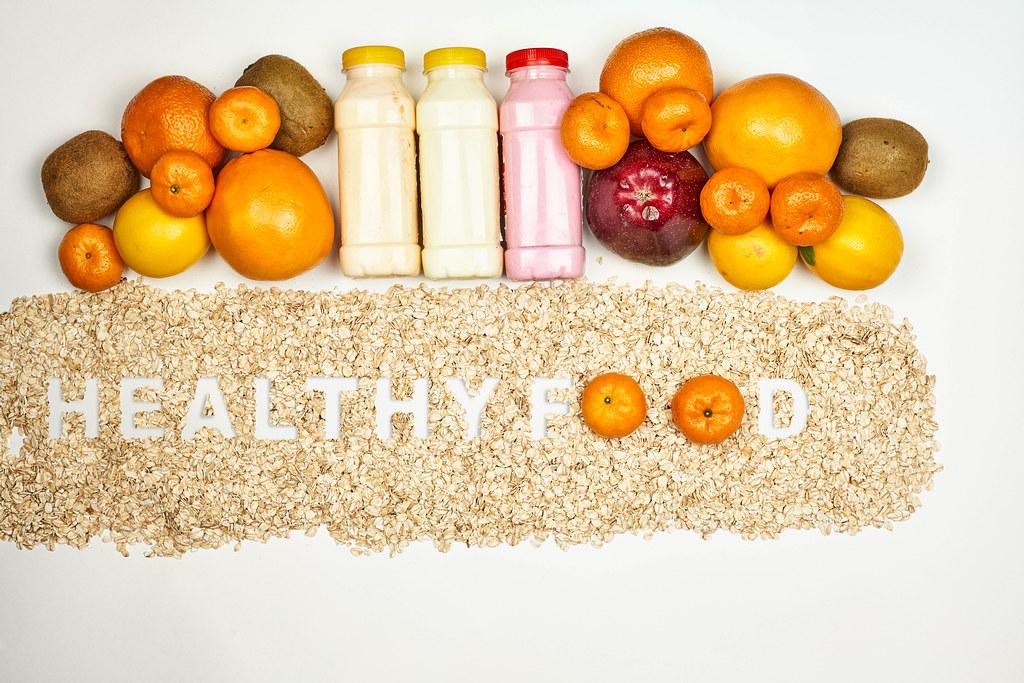In a world filled with complexities and uncertainties, the one thing that always remains a constant source of strength and support is a healthy relationship. Whether it’s with a partner, friend, family member, or colleague, having a strong and positive connection with another person can make all the difference in our daily lives. Join us as we delve into the key ingredients that make up a healthy relationship and explore the ways in which we can nurture and maintain these precious connections.
Building Trust and Communication in a Healthy Relationship

Trust and communication are the foundation of a healthy and strong relationship. Without these two key elements, a relationship can quickly deteriorate. Trust is essential for feeling secure and safe with your partner, while communication is crucial for understanding each other’s needs and resolving conflicts effectively.
Here are some tips to help you build trust and improve communication in your relationship:
- Be honest and transparent with each other.
- Listen actively and with empathy.
- Express your feelings and needs clearly.
- Avoid making assumptions and communicate openly about your expectations.
Additionally, here are some examples of healthy communication habits:
| Healthy Communication Habits |
|---|
| Regularly check in with each other |
| Use “I” statements to express your thoughts and feelings |
| Practice active listening without interrupting |
By prioritizing trust and communication in your relationship, you can create a strong bond with your partner and navigate challenges together with understanding and respect.
Balancing Independence and Togetherness for Long-lasting Success

When it comes to maintaining a healthy relationship, finding the right balance between independence and togetherness is crucial. It’s important for both partners to have their own interests, goals, and identities while still supporting each other and building a strong connection.
One way to achieve this balance is by carving out time for yourself and your partner. Schedule regular “me time” activities where you can pursue your own hobbies or interests, and also plan quality time together to nurture your bond. Communication is key in finding this equilibrium, so make sure to openly discuss your needs and expectations with one another.
Remember that it’s okay to have separate friends and social circles, as long as you also make an effort to integrate your lives and share experiences. Building trust and respect for each other’s individuality will ultimately lead to a more fulfilling and long-lasting relationship.
By honoring both independence and togetherness in your relationship, you can create a harmonious dynamic that fosters growth, support, and love. Embrace the uniqueness of each other while also celebrating your unity as a couple, and you’ll be on the path to lasting success.
Navigating Conflict and Resolving Issues with Respect and Empathy

Healthy relationships are built on a foundation of open communication, respect, and empathy. When conflicts arise, it’s important to approach them with a mindset of finding solutions that are mutually beneficial and considerate of each other’s feelings.
In navigating conflict, it’s essential to listen actively to the other person’s perspective without judgment or interruption. **Empathy** plays a significant role in understanding where the other person is coming from and finding common ground to work towards a resolution. By showing empathy, we create a safe space for both parties to express their feelings and concerns without fear of being invalidated.
Resolving issues in a relationship requires patience and a willingness to compromise. **Respect** is key in maintaining a healthy dynamic, even when emotions are running high. It’s important to prioritize the well-being of the relationship over being right, and to approach disagreements with a mindset of finding a solution that benefits both parties.
| Benefits of Resolving Conflict | |
|---|---|
| Strengthening trust | Improving communication |
| Promoting understanding | Fostering emotional connection |
nurturing-emotional-intimacy-and-connection-in-your-relationship”>Nurturing Emotional Intimacy and Connection in Your Relationship
![]()
Creating a healthy relationship requires a strong foundation of emotional intimacy and connection. It is essential to nurture these aspects to ensure a fulfilling and lasting bond with your partner. Here are some tips to help you cultivate emotional intimacy in your relationship:
- Communicate openly: Share your thoughts, feelings, and experiences with your partner. Be honest and transparent in your communication to build trust and understanding.
- Show empathy: Make an effort to understand your partner’s emotions and perspective. Show compassion and support when they are going through difficult times.
- Spend quality time together: Make time for each other regularly, whether it’s a date night or simply cuddling on the couch. Engaging in activities that you both enjoy fosters a deeper connection.
Emotional intimacy is also built through physical touch and gestures of affection. Hold hands, hug, and kiss your partner to express your love and closeness. Small acts of kindness and thoughtfulness go a long way in strengthening your emotional bond.
| Tip | Description |
|---|---|
| Express gratitude | Thank your partner for the little things they do and show appreciation for their presence in your life. |
| Listen actively | Give your partner your full attention when they are speaking, and validate their feelings by acknowledging them. |
Q&A
Q: What are some key components of a healthy relationship?
A: Communication, trust, respect, and shared values are essential for a healthy relationship.
Q: How can partners improve communication in their relationship?
A: Partners can improve communication by actively listening, expressing feelings openly, and practicing empathy.
Q: Why is trust important in a healthy relationship?
A: Trust is important in a healthy relationship because it creates a sense of security and allows partners to feel safe and supported.
Q: How can couples maintain a sense of independence within a healthy relationship?
A: Couples can maintain a sense of independence by respecting each other’s boundaries, pursuing individual interests, and allowing space for personal growth.
Q: What role does compromise play in a healthy relationship?
A: Compromise is important in a healthy relationship as it allows partners to find common ground and work together to overcome challenges.
Q: How can partners nurture intimacy in their relationship?
A: Partners can nurture intimacy by spending quality time together, expressing affection, and being attentive to each other’s needs.
Q: Why is it important for partners to continuously work on their relationship?
A: It is important for partners to continuously work on their relationship as it helps to strengthen their bond, resolve conflicts, and ensure long-term success.
Concluding Remarks
In conclusion, cultivating a healthy relationship requires effort, communication, and mutual respect. By prioritizing open and honest communication, practicing empathy and understanding, and supporting each other’s growth, you can create a strong and lasting connection with your partner. Remember, it is okay to seek help from a therapist or counselor if needed, as building a healthy relationship is a continuous journey of growth and self-discovery. Here’s to nurturing a loving and fulfilling partnership that brings out the best in each other. Cheers to love, respect, and happiness!



